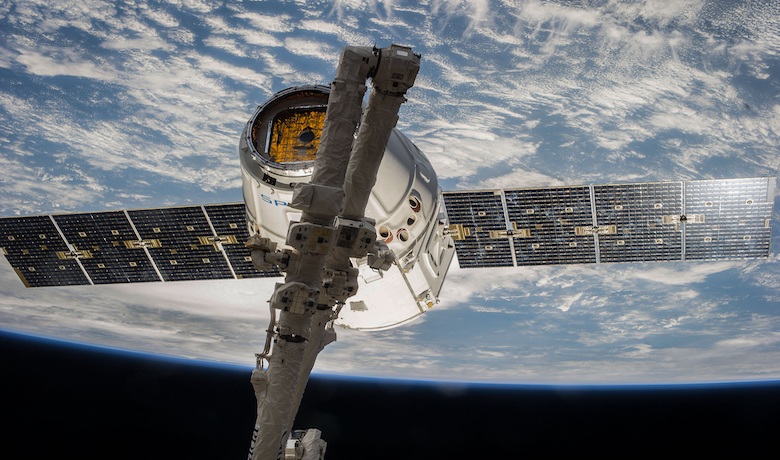
Navigating the Cosmos: Space Law and Satellite Regulations
The vast expanse of space has become more accessible than ever with the launch of satellites for various purposes. However, the utilization of space raises complex legal and regulatory considerations. This article delves into the world of space law and satellite regulations, exploring the significance of governing activities in outer space.
Foundations of Space Law
Space law, also known as astronautics law, encompasses the legal principles governing human activities in outer space. It originated with the exploration of space during the Cold War era, leading to the development of international agreements. The Outer Space Treaty, adopted in 1967, serves as a foundational document, outlining principles such as the peaceful use of space, prohibition of military activities, and the prevention of harmful contamination of celestial bodies.
Satellite Regulations: The Changing Landscape
Satellites play a pivotal role in telecommunications, weather forecasting, Earth observation, and scientific research. With an increasing number of nations and private entities launching satellites, regulations are evolving to address the challenges of space congestion and debris. Regulatory frameworks now cover aspects like orbital debris mitigation, frequency coordination, and licensing for satellite launches.
International Cooperation and Treaties
International cooperation is essential in the realm of space law. Treaties such as the Outer Space Treaty, the Rescue Agreement, and the Liability Convention establish guidelines for responsible behavior in space and address liability in the event of damage caused by space activities. The cooperation of space-faring nations is crucial to ensuring the peaceful use and exploration of outer space.
National Legislation and Authorization
While international treaties provide overarching principles, individual nations enact their own national space laws and regulations. These laws outline the authorization process for launching satellites, define liability standards, and specify the responsibilities of space-faring entities. National legislation ensures that space activities align with both international agreements and domestic legal frameworks.
Commercial Space Activities: Regulatory Challenges
The rise of commercial space activities introduces new challenges for regulators. Companies engaged in satellite launches, space tourism, and resource exploration must navigate a complex regulatory landscape. Regulators grapple with balancing the promotion of innovation and economic growth in the space sector while ensuring safety, sustainability, and compliance with international norms.
Space Debris Mitigation and Sustainability
As the number of satellites in orbit increases, concerns about space debris grow. Regulations now require satellite operators to implement measures for space debris mitigation, including satellite deorbiting at the end of their mission life. Sustainable practices aim to minimize the creation of space debris and ensure the long-term viability of Earth’s orbital environment.
Emerging Technologies and Regulatory Adaptation
Advancements in technology, such as mega-constellations of small satellites and in-orbit servicing capabilities, challenge existing regulatory frameworks. Regulators must adapt to these developments, addressing issues like collision avoidance, spectrum coordination, and the preservation of celestial environments. The dynamic nature of space technology necessitates continuous regulatory evolution.
Security Concerns and Military Space Activities
The intersection of space law with national security adds complexity to the regulatory landscape. Military space activities, including the deployment of satellites for defense purposes, raise questions about the application of international treaties and the potential militarization of outer space. Balancing national security imperatives with international cooperation remains a delicate task.
The Role of International Organizations
International organizations, such as the United Nations Office for Outer Space Affairs (UNOOSA) and the International Telecommunication Union (ITU), play a vital role in coordinating global efforts and promoting best practices in space activities. These organizations facilitate dialogue, provide guidance on space-related matters, and contribute to the development of international norms.
Looking Ahead: The Future of Space Law
As humanity ventures further into space, the future of space law holds both challenges and opportunities. Ongoing discussions about the extraction of space resources, the establishment of lunar bases, and the potential for commercial space tourism require a proactive approach to legal frameworks. Collaborative efforts will shape the evolving landscape of space law to ensure the responsible and sustainable exploration of the cosmos.
In conclusion, the complexities of space law and satellite regulations reflect the dynamic nature of space activities. Navigating this evolving legal landscape involves a delicate balance between promoting innovation, ensuring safety, and fostering international cooperation. To explore more about space law and satellite regulations and stay informed on the latest developments, visit Space law and satellite regulations.




